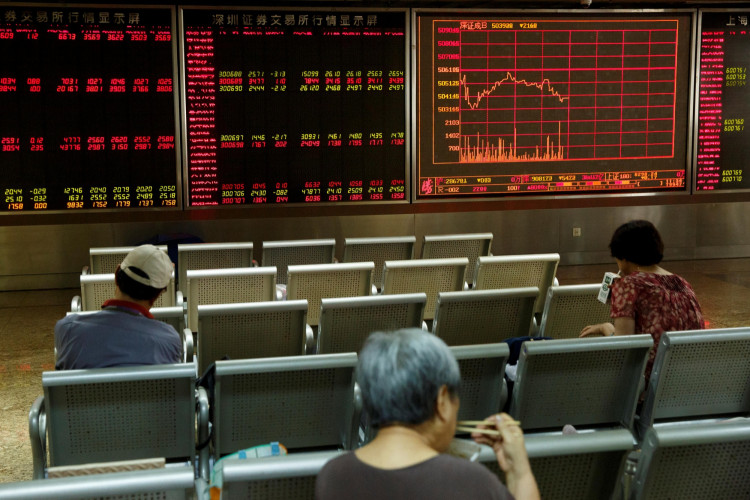China has initiated a significant shakeup at the helm of its securities regulatory body, appointing Wu Qing as the new chairman of the China Securities Regulatory Commission (CSRC) amid ongoing volatility in the nation's stock markets. Wu, renowned for his rigorous regulatory approach and dubbed the "Broker Butcher," succeeds Yi Huiman, whose tenure concluded without explicit reasons provided for his departure.
The change, reported by the official Xinhua news agency, underscores the gravity of the challenges facing China's financial markets, which have been battered by a confluence of domestic economic strains and insufficient government stimulus measures. "It's not unexpected as someone has to be accountable for the market mess, but the timing is interesting," observed Yang Tingwu, vice general manager of Tongheng Investment, reflecting on the broader sentiment within the financial community.
Wu's appointment is particularly noteworthy given his background. Unlike his predecessors, who predominantly hailed from banking, Wu has spent his career within the securities sector, including a significant stint at the Shanghai Stock Exchange. This shift indicates a potential realignment of regulatory focus towards more rigorous oversight of the securities industry.
The CSRC, under Yi's leadership, had already embarked on an aggressive defense of the stock market, implementing measures such as suspending brokerages from short-selling and curbing margin lending. However, these initiatives have struggled to stem the tide of sell-offs, as investor confidence wanes amidst China's economic downturn and the ongoing real estate sector crisis.
Tim Graf, head of EMEA macro strategy at State Street, offered a cautious perspective on the leadership change, noting, "As a knee-jerk reaction, I can see how this would be viewed as positive. But in addressing the well-understood issues of the Chinese economy, it doesn't address anything at all."
The turbulence in China's stock markets, which have seen significant declines, contrasts sharply with the performance of global markets, underscoring the unique challenges faced by the Asian giant. This dissonance has prompted Beijing to adopt a series of market-supportive measures, though their efficacy remains a subject of debate among market participants.
Wu's regulatory philosophy, characterized by his "zero-tolerance" stance against malicious trading practices, suggests a potential intensification of enforcement actions under his leadership. "Wu is dubbed broker butcher, so we expect to see forceful regulations," Yang Tingwu added, highlighting the anticipation of a stricter regulatory regime.
As Wu Qing steps into his new role, the global financial community watches keenly, understanding that his actions will not only shape the future of China's stock markets but also have broader implications for international investors and the global economic landscape.






